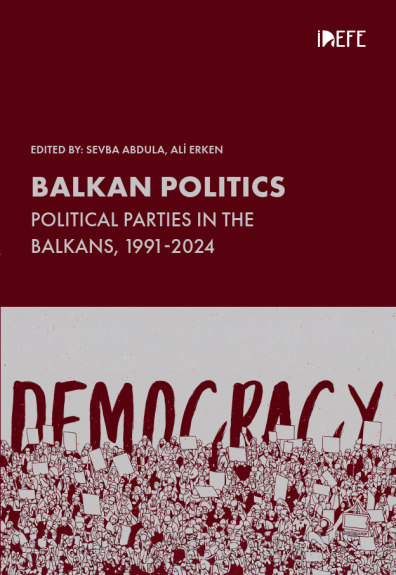Balkan Politics
Talking ‘Pacifist’ But Hearing ‘Ethnicist’: the Political Discourse of Fep Party in Greece
Authors
-
Salich TzampazPhD Candidate in Sociology at Sakarya University, Greece
Synopsis
The Western Thrace Turks, a national minority2 in Greece, face significant chal-lenges arising from the nation-state ideology. Excluded from the 1923 Population Exchange, they avoided the trauma of migration but were nonetheless compelled to preserve their cultural identity in a minority context (Dilaver & Redclift, 2023: 548). Over the past century, their efforts to maintain their existence have fluctu-ated, with periods of heightened tension. One such period is the post-Junta Era starting in 1974, including the Junta regime itself, when state oppression towards minorities intensified (Huseyinoglu, 2012: 43).
Prior to this time, Greece had not overtly challenged the ethnic identity of mi-norities; however, from the 1970s onward, there was a marked shift. The Greek state began denying the ethnic identity of the Western Thrace Turks. For in-stance, the term ‘Turkish’ had previously been used in various institutions, but this changed when the Xanthi Turkish Union, a prominent NGO, was forcibly closed due to the inclusion of ‘Turkish’ in its name (Derin, 2023: 133). This denial of ethnic identity culminated in the imprisonment of Sadık Ahmet, a popular leader of the Western Thrace Turks, for distributing leaflets advocating human rights and using the term ‘Turkish’ in his speeches (Taşkın, 2014: 261).
Copyright
Copyright (c) 2025 Sevba Abdula (Volume editor); Amina Hadžić, Harun Nuhanović, , Idlir Lika, Sava Mitrović, Adnan Mestan, Thomas Lazaridis, Zoran Dabetić, Mira Šorović, Salich Tzampaz, Magdelina Kitanova (Chapter Author); Ali Erken (Volume editor)
License

This work is licensed under a Creative Commons Attribution-NonCommercial 4.0 International License.
Downloads
Publication Information
-
Publication TypeChapter
-
Volume
-
Pages51-70
-
PublishedJune 5, 2025
-
Series
-
Series PositionResearch 11
Abdula, S., & Erken, A. . (Eds.). (2025). Talking ‘Pacifist’ But Hearing ‘Ethnicist’: the Political Discourse of Fep Party in Greece. In A. Thaçi, Balkan Politics: Political Parties in the Balkans, 1991-2024: Vol. Research 11 (pp. 51-70). Idefe Publications. https://doi.org/10.51331/EB09ST
